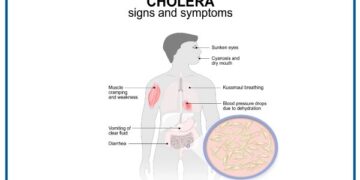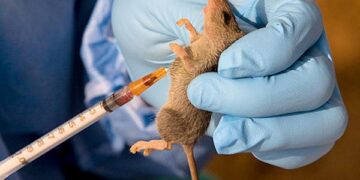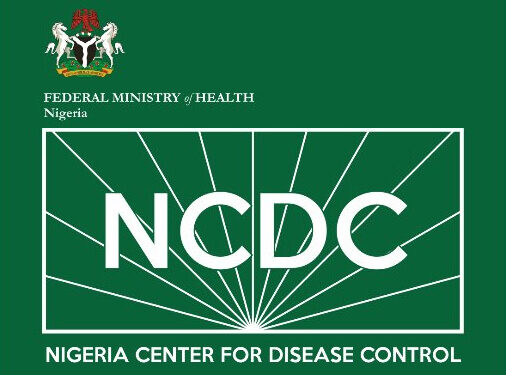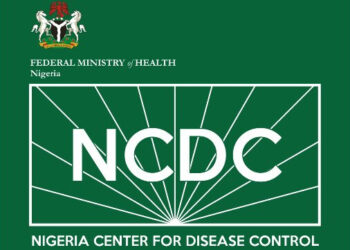In a bid to tackle pressing public health challenges and reinforce health promotion, disease prevention, surveillance, laboratory capacity, and emergency preparedness nationwide, the Nigeria Centre for Disease Control and Prevention (NCDC) has unveiled its strategic roadmap spanning from 2024 to 2026.
The Director General of NCDC, Dr. Jide Idris underscored the roadmap’s significance in addressing current health issues while aligning with both national and international health priorities.
“The roadmap places a strong emphasis on collaboration with a diverse array of stakeholders, including government agencies, local and international partners, academic institutions, research organizations, and the private sector,” he said.
Key objectives outlined in the roadmap include the optimization of existing resources, heightened government commitment to health security, and the pursuit of additional funding through grants and donations.
Dr. Idris stressed the importance of rigorous monitoring and evaluation through a robust framework and the institutionalization of best practices to ensure sustained efforts.
“To effectively engage the public, NCDC plans to utilize various communication channels to raise awareness about the roadmap and its objectives,” he added.
Dr. Idris acknowledged anticipated challenges during implementation, such as limited resources, infrastructure constraints, and logistical hurdles, and outlined strategies to overcome them, including strategic planning, partnership development, and resource mobilization efforts.
Dr. Idris reaffirmed NCDC’s dedication to safeguarding the health of Nigerians through proactive prevention, preparedness, and collaboration with stakeholders.
“The NCDC remains optimistic about the successful implementation of its roadmap, which aims to bolster Nigeria’s public health infrastructure and enhance its ability to respond to current and future health threats effectively,” he said.
Responding to a surge in disease outbreaks nationwide, “NCDC has activated emergency measures to combat meningitis, diphtheria, and cholera. Dr. Jide Idris addressed the severity of the situation during a press conference in Abuja, highlighting the urgent actions being taken.
“With 2173 reported cases and 202 deaths across 22 states and 96 local government areas, meningitis demands immediate attention. Additionally, cases of diphtheria (16,518 cases, 22 states, 160 LGAs, with 839 confirmed deaths) and cholera (410 cases, 5 deaths, 17 states, 38 LGAs) have been reported, necessitating swift and comprehensive response efforts.
“To manage these outbreaks effectively, NCDC has established emergency operations centers (EOCs) for Lassa fever and cerebrospinal meningitis. National rapid response teams have been deployed to affected states, offering medical supplies, capacity building, and support for response activities.
“Collaboration with the National Primary Health Care Development Agency (NPHCDA) has been initiated for meningitis vaccination campaigns, stressing the importance of early diagnosis and prompt treatment,” he added.
Dr. Idris emphasized the significance of maintaining a clean environment and practicing good personal hygiene to prevent the spread of Lassa fever, primarily transmitted through contact with infected rats and their droppings. He urged healthcare workers to maintain a high index of suspicion and promptly report suspected cases.
“Preventive measures such as hand washing, vaccination, and early detection are crucial in mitigating the impact of the meningitis outbreak. Similarly, prompt medical attention and infection prevention and control measures are essential in managing diphtheria cases.
“As Nigeria confronts these multiple disease outbreaks, collaboration between the government, healthcare workers, and the public is paramount in containing and preventing further spread.”
Dr. Idris said NCDC remains committed to safeguarding the health of Nigerians and will continue to take necessary actions to address the situation effectively.
“Through vigilance, prevention, and unified efforts, Nigeria can mitigate the impact of these outbreaks and protect the well-being of its citizens,” Dr. Idris added.


















![Antimicrobial Resistance [AMR] in Hausa](https://healthtoday.com.ng/wp-content/uploads/2024/02/antimicrobial-resistance-AMR--360x180.jpeg)



























